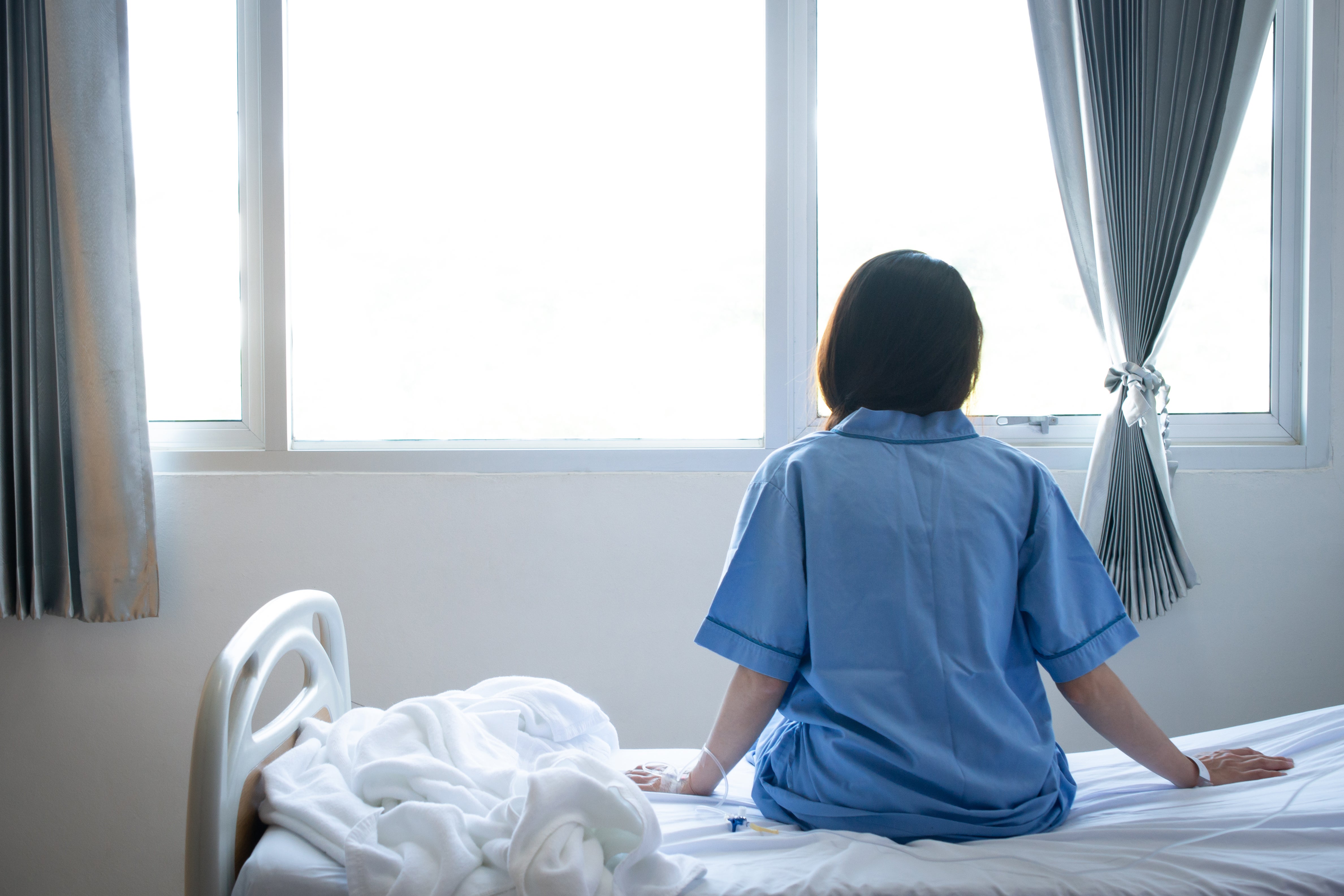Peaks in number of children prescribed antidepressants coincide with lockdowns
Young people being prescribed antidepressants has increased steadily over the past five years

Your support helps us to tell the story
From reproductive rights to climate change to Big Tech, The Independent is on the ground when the story is developing. Whether it's investigating the financials of Elon Musk's pro-Trump PAC or producing our latest documentary, 'The A Word', which shines a light on the American women fighting for reproductive rights, we know how important it is to parse out the facts from the messaging.
At such a critical moment in US history, we need reporters on the ground. Your donation allows us to keep sending journalists to speak to both sides of the story.
The Independent is trusted by Americans across the entire political spectrum. And unlike many other quality news outlets, we choose not to lock Americans out of our reporting and analysis with paywalls. We believe quality journalism should be available to everyone, paid for by those who can afford it.
Your support makes all the difference.Peaks in the number of children being prescribed antidepressants coincide with Covid lockdowns, new analysis indicates.
Information obtained from a Freedom of Information (FOI) request shows that young people being prescribed antidepressants have increased steadily over the past five years.
Between April 2015 and April 2020, the number of children and young people aged between 0-17 years-old who were prescribed antidepressants by a GP increased by 26 per cent, from 19,739 to 24,957.
An analysis of the data undertaken by The Pharmaceutical Journal found that this upward trend was more pronounced during coronavirus lockdowns.
When Boris Johnson locked the country down in March 2020, the number of patients prescribed antidepressants hit a peak at 17,902 females and 9,855 males.
This represented an 8 per cent increase on the number of females and males prescribed antidepressants in March 2019, and a 21 per cent increase on the number seen in March 2016.
Two further peaks of 17,311 and 17,088 antidepressant prescriptions for female patients were seen when England entered its second and third lockdowns in December 2020 and January 2021.
Beryl Navti, an advanced mental health pharmacist at North East London NHS Foundation Trust said: “These periods correspond approximately to the first, second and third lockdown periods and the reasons are wide ranging depending on your focus.
“Antidepressants are prescribed for both depression and anxiety disorders and if we are saying that levels of anxiety increased amongst some young people during these periods, it makes sense that there would have been a corresponding increase in prescribed medication.”
Graham Brown, lead children’s and younger peoples’ mental health pharmacist at Sussex Partnership NHS Foundation Trust, found a similar pattern in antidepressant prescribing in data collated in his area during the pandemic.
According to his analysis, Sussex Children and Adolescent Mental Health Service (CAMHS) issued 22% more antidepressant prescriptions between March 2020 and March 2021 than it did between March 2019 and February 2020.
And, Hampshire CAMHS issued 32% more antidepressant prescriptions between March 2020 and March 2021 compared with the same period the previous year.
“There has been an increase in pressure to prescribe antidepressants, partly due to seeing more patients with such concerns but also there being insufficient resourcing of psychological therapy in this geographical area,” he said.
Martin Marshall, chair of the Royal College of GPs, said antidepressants are an “effective treatment” but called for an increase in “alternative therapies” in view of increased demand.
He added: “Access to appropriate, alternative therapies in the community, that many younger patients with mental health conditions find beneficial, is patchy across the country.
“This needs to be addressed urgently to ensure younger patients can access these treatments quickly, particularly in view of the increased demand for these services due to the pandemic.”
The Department of Health has been contacted for comment.
Join our commenting forum
Join thought-provoking conversations, follow other Independent readers and see their replies
Comments